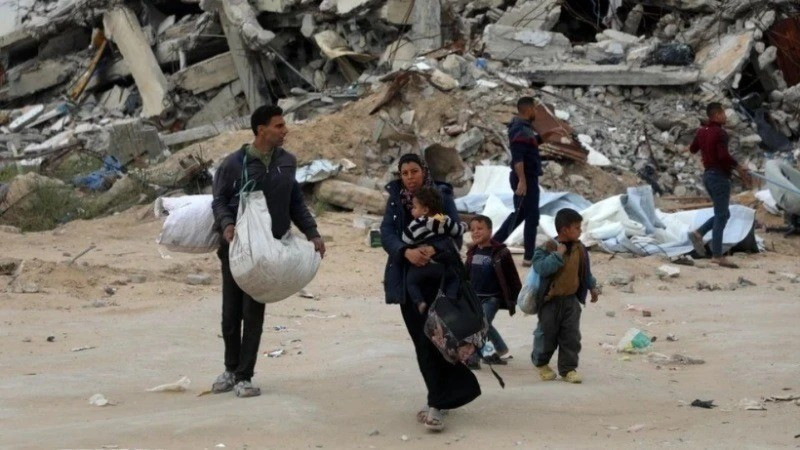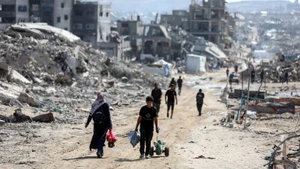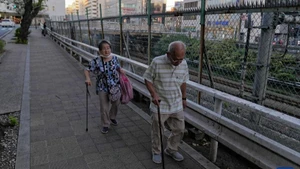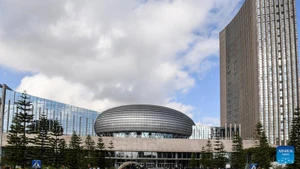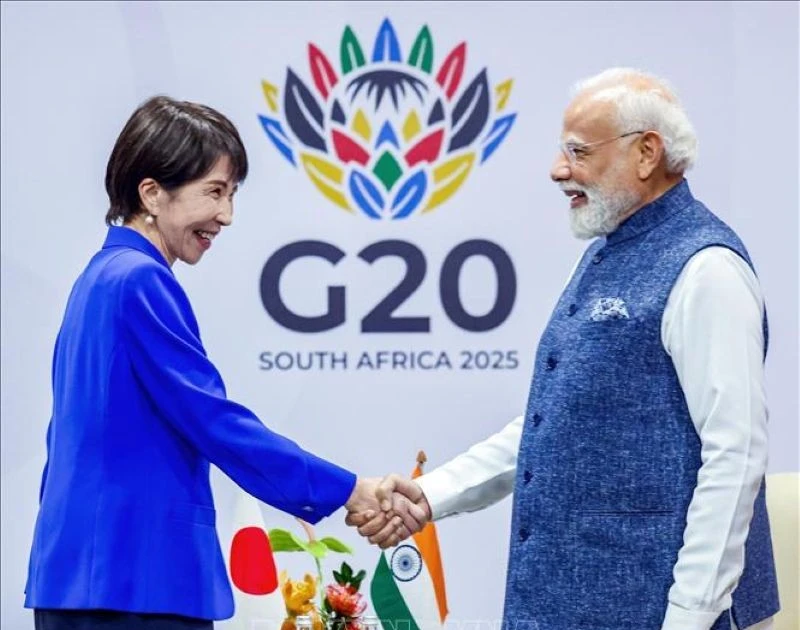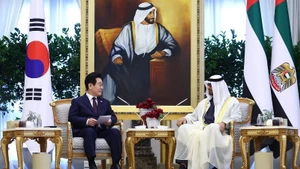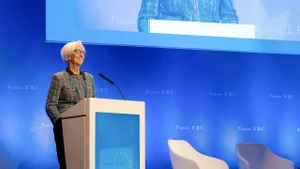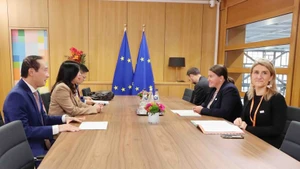Against this backdrop, the world continues to call not only for stronger efforts to support local integration but also for a shared responsibility to safeguard the rights of refugees.
Before becoming a prominent youth advocate and leader, Barthelemy Mwanza was once a refugee from the Democratic Republic of the Congo. At 18, he found himself caught between the pressure to join an armed group embroiled in nationwide conflict and his father’s plea for him to stay out of the war. To survive, Mwanza fled to the Tongogara refugee camp in Zimbabwe.
Tormented by the pain of leaving his homeland, Mwanza wept constantly, questioning where he was and what lay ahead. Eventually, he challenged himself to stop dwelling in sorrow and to look toward the future.
Mwanza began volunteering for the United Nations High Commissioner for Refugees (UNHCR), leading over 5,000 young refugees through initiatives focused on combating gender-based violence, protecting the youth, and addressing climate change. Now resettled in Ohio, the US, he continues to work with the UNHCR to amplify refugee voices and advance climate action.
Mwanza’s story has inspired many, painting a powerful portrait of a journey “from survival to leadership.” Around the world, countless other uplifting stories from refugees exist, and efforts to support those in similar circumstances have yielded meaningful results. Still, it must be acknowledged that the global refugee crisis has reached unprecedented levels. Driven by war, violence and climate change, more and more people are being forced to leave their homes.
Conflicts in the Middle East, Sudan, Ukraine, and the Democratic Republic of the Congo have led to new and distressing records in displacement. According to UNHCR, as of the end of April 2025, more than 122 million people have been forcibly displaced, including 14.3 million in Sudan alone due to escalating conflict.
Palestine remains a flashpoint, with over six million Palestinians living as refugees, many of whom choose to remain despite the prolonged hostilities in Gaza and the West Bank.
Meanwhile, several regions in Bangladesh are sounding the alarm over their capacity to provide essential services for refugees. Regarding Ukraine, more than 4.3 million people have fled the country since the conflict with Russia began over three years ago.
What is particularly troubling is that, while the growing refugee crisis has drawn mounting global concern, humanitarian aid efforts continue to face significant obstacles. Attacks on aid convoys have disrupted relief operations, and financial constraints have forced some humanitarian offices, including those of the UNHCR, to announce closures.
At the national level, while many countries are striving to fulfil their responsibilities toward refugees, concerns persist about the destabilising impact of migration flows. In Chad, for example, more than 850,000 of the millions fleeing Sudan have sought refuge, placing immense strain on the country’s capacity to respond.
Against this backdrop, World Refugee Day (June 20) serves as an annual occasion to raise awareness of the hardships faced by refugees worldwide. This year, the emphasis is on the importance of supporting their integration into host societies. UN Secretary-General António Guterres has called for collective responsibility in the safeguarding of refugees’ rights.
Several positive developments have offered renewed hope. The European Union recently approved an extension of temporary protection for Ukrainian refugees until March 2027, a humanitarian gesture that also enables long-term planning for the millions now residing across EU member states.
In Africa, countries such as Algeria, Egypt, and Ethiopia remain committed to supporting refugees while also seeking lasting solutions to conflict and social injustice. Angola, too, has pledged to continue supporting Congolese refugees despite the closure of UNHCR facilities there.
In 2024, the world recorded the highest number of refugee resettlements in more than 40 years, with hundreds of thousands beginning new lives in safety. While this marks significant progress, the scale of displacement and the complexity of today’s refugee crises mean that much more remains to be done.
